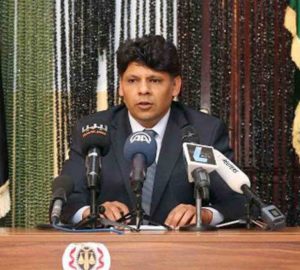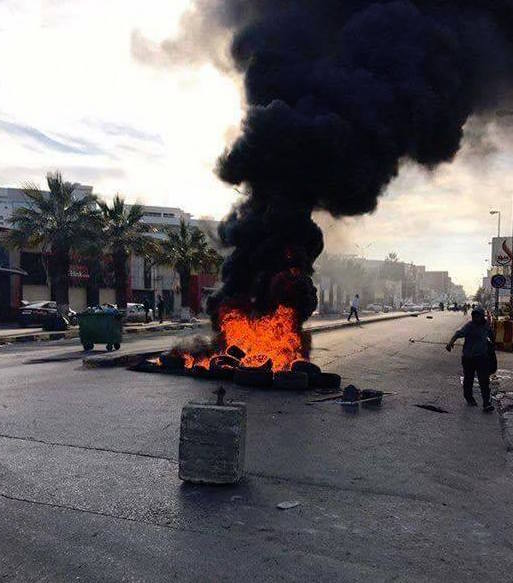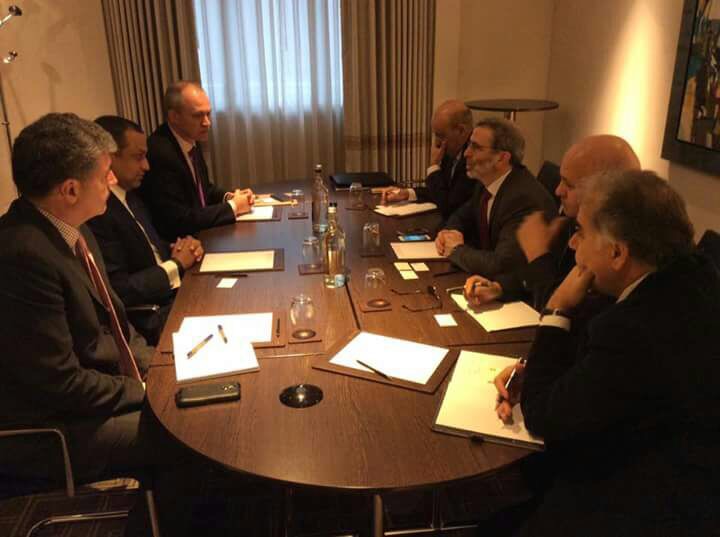By Chris Stephen.

Tunis, 27 January 2017:
Libya has launched its most wide-ranging investigation into corruption in the oil sector since the 2011 revolution, with a raft of warrants and travel bans issued against petrol company executives.
The announcement came on Thursday from Attorney General Sadiq Al-Sour who is working with the Presidency Council and its Government of National Accord (GNA) in Tripoli.
Investigations focus on the smuggling of petrol and other refined oil products from Libya to Italy, Malta, Cyprus and Greece. The trade, according to Al-Sour, had cost Libya half a billion dinars.
Travel bans have been issued against the chief executives of four fuel distribution companies working with the Tripoli-based Brega Petroleum Marketing Company. They are also under formal investigation.
Separately, Al-Sour also announced warrants have been issued against a number of government ministers also suspected of involvement in corruption. However, he did not name them or which government they belong to or state the nature of their supposed illicit activities.
His action appears to be in cooperation with the chairman of the National Oil Corporation (NOC), Mustafa Sanalla, who has called for legal action against smugglers.
A fortnight ago, Sanalla headed a meeting of the NOC and its Brega Marketing subsidiary to discuss fuel smuggling and what should be done about it.
Days before Sanalla had blasted a local border agreement that allowed anyone using the Ras Jedir Tunisian border post to transport 150 litres of petrol tax-free. It was legalising smuggling, he said. He also accused of the head of the Petroleum Facilities Guard (PFG) protecting Zawia oil refinery of being involved in smuggling petrol.
In a forthright statement on 6 January, he complained about “thousands of tragic cases that the ordinary desperate Libyan citizen suffers from because of the criminal practices by the gangs who smuggle the subsidised fuel across the borders”.
Labelling the gangs “terrorists,” Sanalla wrote: “The responsibility of the occurrence of any security breaches of any kind, size or motive at Zawia Refinery will be assumed by the gangs of fuel smuggling. We will consider such breaches as terrorist acts.”
Complaints of fuel smuggling from Zawia are not new. Al-Sour also reported this week that cooperation with Greek and French police had secured evidence in previous smuggling cases, and it is likely he will ask Malta, Italy and Cyprus for similar help in what he called “mafias” receiving the smuggled fuel.
The smuggling is typically carried out with small boats or tankers which take refined product – some produced in Libya, some imported – to Europe. Smuggling of crude oil itself is more difficult as it requires refining before it can be sold.
Al-Sour will feel he has strong backing from the United Nations, with the UN Security Council passing a resolution in 2014 expressly prohibiting the sale of Libyan oil product by agencies outside the recognised government.
For Sanalla, the investigations are likely to be welcomed as he works to assure foreign investors that, even as civil war rages in parts of the country, the NOC is open for business.
Since the capture in September of central oil ports from the central region PFG, led by Ibrahim Jadhran, by the Libya National Army, loyal to the Tobruk-based parliament, oil production has tripled to about 700,000 barrels per day.










